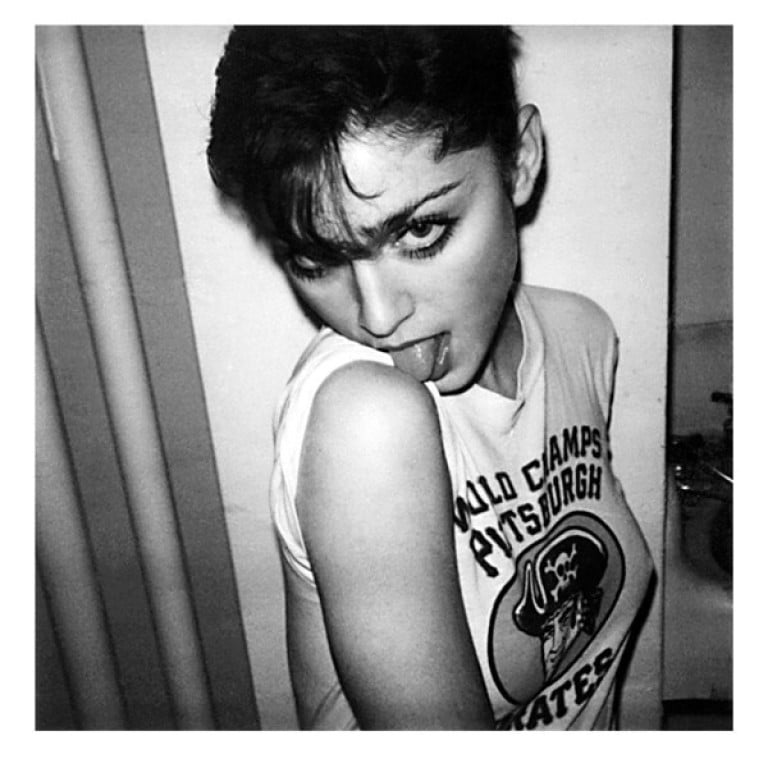Meet Mick Rock, the legendary music photographer who shot everyone from David Bowie to Queen’s Freddie Mercury, and Madonna to Miley Cyrus – exclusive interview

- The ‘man who shot the 70s’ caught candid heyday snaps of icons Lou Reed, Iggy Pop, the Sex Pistols, Roxy Music’s Bryan Ferry and Blondie’s Deborah Harry – but hasn’t slowed down since
- From hip-hop giant Snoop Dogg to EDM duo Daft Punk and supermodel Kate Moss, Rock has moved with the times – and is working on Shot!, a book of his very best work
“You can take a good photo on a phone now. And with social media you’ve got a place to put it. I’ve seen pictures that my wife has taken and said, ‘Wow, I really love that. If I’d taken it, it would be worth a lot more money.’ But brand matters, doesn’t it?”

Mick Rock has a wry laugh at his observation, seeing how prints of his photos have become highly collectible in recent years. Dubbed – not always to his liking – “the man who shot the 70s”, it was Rock who chronicled the then-rising stars, and now icons, of rock: David Bowie – for whom Rock was official photographer and videographer – and Lou Reed, Iggy Pop, Roxy Music’s Bryan Ferry and Blondie frontwoman Deborah Harry. He shot some of the best-known album covers of the period, too, from Bowie’s “Pin Ups” to Reed’s “Transformer” and The Stooges’ “Raw Power”, as well “Queen II”, which gave Queen the opening shots of the Bohemian Rhapsody video.
David [Bowie] ... was not so formally educated [as Lou Reed was] but he read anything he could get his hands on. He was constantly stimulated, constantly interested

All of which, from graphic design to fashion, still has its influence today. “It amazes me how in-demand images from that period are, how fertile it is now, because whatever the imagery from that era was, it wasn’t considered as art, especially rock photos. But they are now.
“Why? I have no idea, but [financially speaking] I’m lucky to have what I call my Mona Lisa – in fact I have three or four Mona Lisas,” says the London-born, New York-based Rock, who, unlike so many photographers of his generation, was wise enough to retain and protect his copyright from the beginning of his career. “But I wasn’t in it for the money because there wasn’t much then. I just wanted to do it.

“You know, it wouldn’t have worked if I’d have been born more recently. I’d just be that bloke Mick Rock who hangs out down the barrio sometimes,” adds Rock, who has been offered millions for his archive but, so far at least, has declined to sell. “But all these characters kept tumbling in front of my lens. And then you end up becoming some kind of character yourself.”

Yes, that aptronymic name – Mick Rock – is genuine. So, even at 73, is his mane of rock star hair. So, arguably, was his lifestyle for many decades – the drugs, the lack of sleep, anything for an altered state – which ultimately contributed to a quadruple heart bypass and a kidney transplant, the tap on the shoulder from the Grim Reaper, as Rock puts it. Yet, he argues, it was the whole culture, of which the excesses were part, that helped him develop his distinctive eye, “as a kind of [photographic] hit man, always relating to the action”. Certainly he enjoyed those times and the company – as much part of the scene then as documenting it – even if these days he’s more addicted to yoga and massage.
